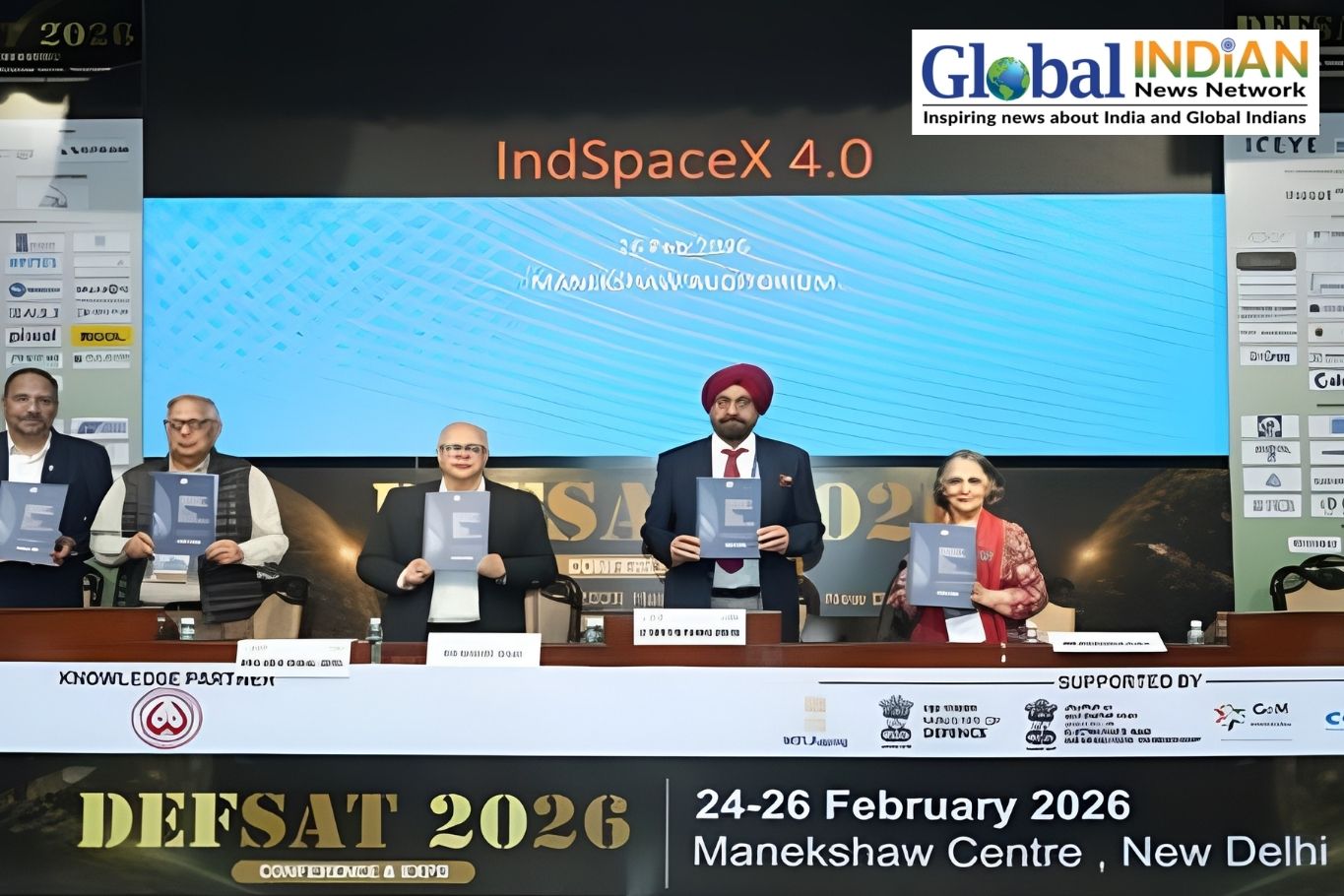
The Rockefeller Foundation, a US-based organization, has criticized The Washington Post for what it perceives as a misleading report concerning India’s solar power systems. The article in question, titled ‘India joins rush to renewables, but sites rural solar systems fall off the grid,’ was published on July 31, 2023. Penned by Karishma Mehrotra, the article alleges that India has struggled in its transition from fossil fuels to renewable sources like solar energy.
According to the article, India’s experience serves as a cautionary tale for the global rush into renewables, citing a lack of planning for maintaining solar energy systems. The Washington Post asserts that out of 4,000 solar mini-grids installed in India, 3,300 are owned by a subsidiary of the Rockefeller Foundation. The paper claims that merely 5% of these grids, which are co-financed by the Indian government, are operational.
The article points out the failure of solar-powered villages in Indian states such as Bihar, Jharkhand, and Odisha. In Jharkhand, more than 90% of the state’s mini-grids are allegedly non-functional, according to a consultant for the renewable-energy authority.
The alleged shortcomings of solar power systems are attributed to a lack of local technical expertise and maintenance funds. The article suggests that the government’s attempts to keep electricity affordable hinder revenue for maintenance. Private providers, the article contends, are more successful in maintaining the systems due to stronger revenue models.
The Rockefeller Foundation responded by criticizing The Washington Post’s article and noting that the paper did not respond to a letter sent to its Editor. The foundation explained that the first-generation solar systems became obsolete due to the Modi government’s successful rural electrification initiative. It clarified that the improving electrification landscape and favorable regulatory environment have enabled successful commercial mini-grid operators in India.
The foundation cited companies like Husk Power System, OMC Power, Tata Power, and Hamara Grid, which have raised substantial private capital to operate over 1,000 mini-grids, providing reliable clean energy to rural homes and businesses.
The Rockefeller Foundation emphasized that India’s efforts to provide electricity through grid-based and distributed renewable energy constitute a success that can serve as a global model. It noted lessons learned from the initial government-funded mini-grids and expressed pride in its work on mini solar grids in India since 2009, aiming to unlock opportunities and drive sustainable growth without climate repercussions.










